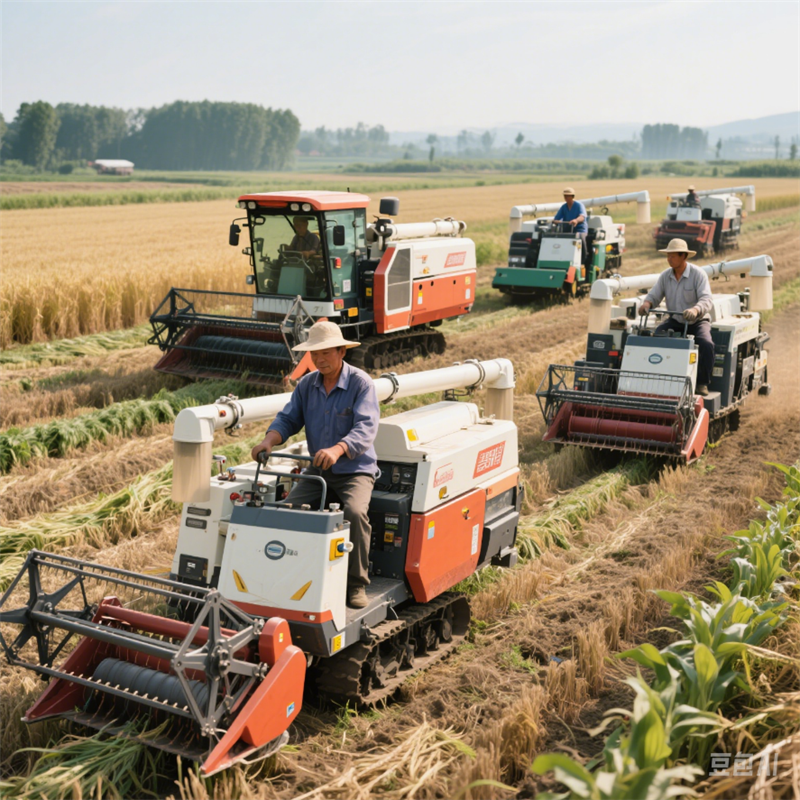As U.S.-China trade tensions escalate, China’s strategic pivot toward agricultural self-reliance-exemplified by its $19 billion soybean imports from Brazil in 2024-has created unexpected ripple effects across industries, including safety footwear.

Brazilian Soybeans: A Catalyst for Supply Chain Diversification
China’s shift to Brazilian soybeans—now accounting for 54% of its imports —reflects a broader strategy to reduce reliance on U.S. agricultural products. This shift has dual implications for safety shoe
1.Raw Material Innovation: Soybean-derived materials like epoxidized soybean oil (ESO) are gaining traction as eco-friendly alternatives to traditional PVC plasticizers. Brands like Wolf Safety (China) are integrating ESO into their PVC safety boots, reducing carbon footprints by 30% while meeting EU REACH standards.
2.Logistics Optimization: Brazil’s upgraded port infrastructure and China’s "Belt and Road" partnerships are streamlining cross-border logistics. Guangdong-based Baizhuo Shoes leverages RCEP to export anti-slip boots to ASEAN markets, bypassing U.S. tariffs while capitalizing on Brazil’s soybean-driven trade corridors .
Agricultural Tech and the Rise of Bio-Based Safety Gear
China’s agricultural tech breakthroughs—such as genetically modified (GM) corn and soybeans —are fueling industrial innovation. For instance:
1.Bio-Based PU: Agricultural waste from GM crops is being converted into polyurethane (PU), a key material for safety shoe soles. BASF’s collaboration with KPR on Elastopan Loop uses recycled agricultural residues, cutting reliance on fossil fuels .
2.Smart Farming Synergies: Iot-driven precision agriculture in China’s Heilongjiang province reduces rubber tree water usage by 40%, lowering raw material costs for safety shoe manufacturers .
U.S.-China Agricultural Rivalry: A Double-Edged Sword
The U.S.-China agricultural competition has created paradoxical opportunities for safety shoe brands:
1.Tariff Arbitrage: U.S. tariffs on Chinese safety shoes (HS Code 6402) have forced manufacturers to adopt a "China+1" strategy. For example, Putian-based Xinxiesheng Shoes produces 30% of its Norman Walsh-branded boots in Mexico, leveraging USMCA to bypass tariffs while sourcing U.S.-made components for tariff exemptions under HTSUS 9903.01.34 .
2.Domestic Market Expansion: China’s agricultural self-sufficiency has freed up resources for industrial upgrades. The country’s $2.2 billion safety shoe market expansion by 2029 is driven by demand for ergonomic, IoT-integrated PPE—a sector where Chinese firms now lead in R&D.
Choose Tianjin GNZ Enterprise Ltd for your safety footwear needs and experience the perfect blend of safety, fast reply, and professional service. With our 20years experience production, you can focus on your work with confidence, knowing that you are protected every step of the way.
Post time: Apr-24-2025





